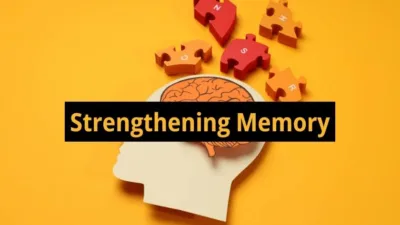Today, the term “feedback”, which we encounter in many areas from business to education, from technology to personal development, is actually a very simple concept: Feedback. So, what is feedback and why is it so important? In this article, we will discuss the meaning, importance and use of feedback in various fields.
What Is Feedback?
Feedback is information or opinions given by a person or a group about a person’s or a group’s performance, behaviour or a product. It is usually done for the purpose of improving an action or process. Feedback is critical for the recipient to improve, correct mistakes, or move forward in areas where they have been successful.
Importance Of Feedback
- Improving Performance: In the workplace, regular feedback to employees helps them improve their performance and achieve their goals.
- Personal Development: Individuals learn their strengths and aspects that need to be developed through the feedback they receive.
- Strengthening Communication and Relationships: Open and honest feedback strengthens interpersonal relationships and communication.
- Education and Training: Feedback to students supports their learning process and increases their motivation.
Where Is Feedback Used?
- Workplaces: From managers to employees, employees to managers, and even customers to companies.
- Education Sector: Feedback from teachers to students, from students to teachers, and on educational materials is an integral part of education.
- Personal Relationships: Strengthens communication between friends, family members and partners.
- Online Platforms: Websites, applications and social media platforms continuously collect user feedback and use it to improve their services.
- SEO and Digital Marketing: Customer and user feedback is evaluated to improve the SEO compatibility of websites and content.
Feedback is one of the cornerstones of communication and continuous development in the modern world. Using this tool effectively, which is critical for personal and professional development, directly affects the success of individuals and organisations. By adopting a feedback culture, we can continuously improve both ourselves and our environment. Feedback is not only a flow of information, but also a guide to the steps we take towards a better future.









